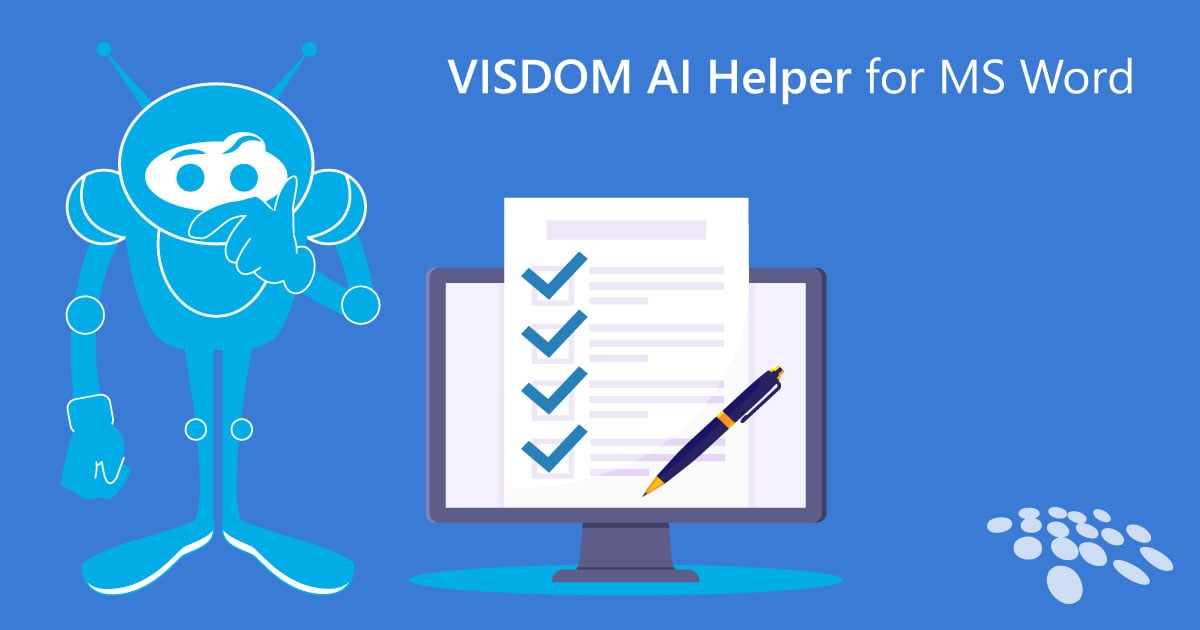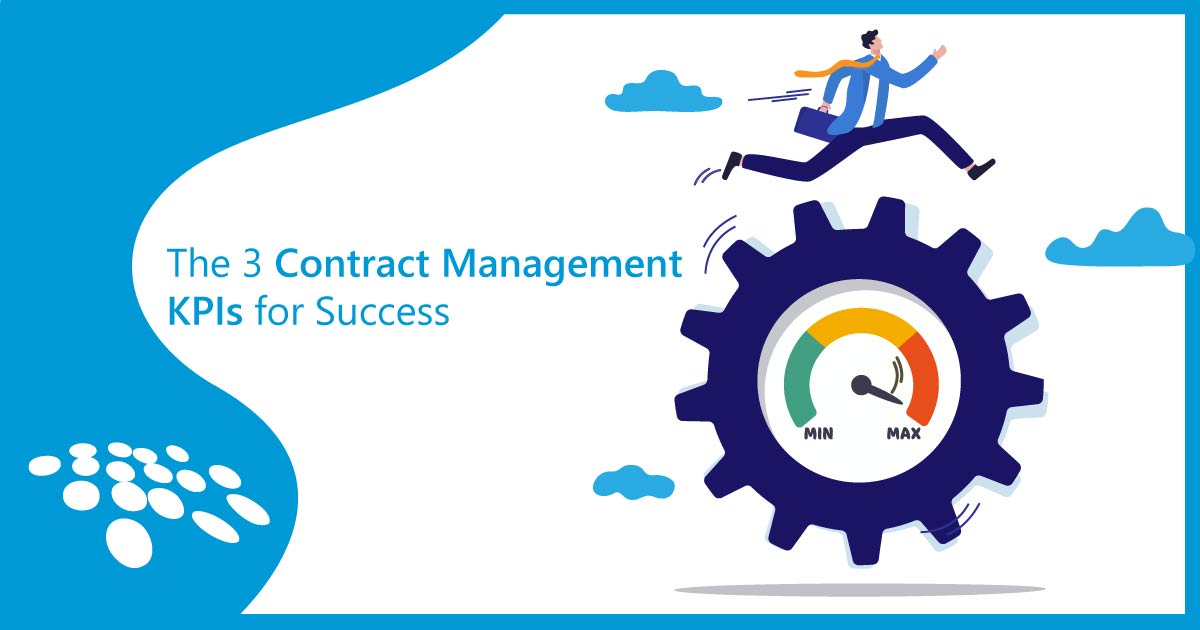
The Health Insurance Portability & Accountability Act (HIPAA) is a crucial regulation with which healthcare organizations and professionals around the world are all too familiar. At the risk of oversimplification for expediency, it is designed to protect sensitive health information from being disclosed without patient knowledge or consent. Central to HIPAA compliance are business associate agreements (BAAs) - contracts that support a foundation of privacy, security, and integrity of patient data as it flows through the various invisible hands of the healthcare ecosystem. The stakes are high for healthcare organizations - for the legal and financial ramifications of business associate contract mismanagement can erode the reputation and stability of a business. As such, let's explore how to make overseeing these complex and critical contracts as smooth and efficient as possible.
What is a Business Associate Agreement (HIPAA)
Business associate agreements under HIPAA are legally enforceable contracts required when a healthcare provider engages with a third-party service provider - or "business associate" - to perform a function or activity involving the use or disclosure of protected health information (PHI).
But who needs a business associate agreement in the healthcare industry?
Examples of business associates who typically enter into some form of BAA (business associate agreement) with hospitals and healthcare facilities include:
- medical billing service companies.
- IT service providers.
- electronic health record (EHR) systems providers.
All is well when healthcare organizations and third-party providers create, receive, maintain, or transmit protected health information correctly with sound BAAs. Processes run smoothly in compliance with HIPAA security rules and regulations, patient privacy is safeguarded per HIPAA privacy rules, and trust in the healthcare system flourishes with the absence of unauthorized access or disclosure of sensitive data.
But what happens if things go wrong?
SCENARIO: A Crisis Resulting from BAA Mismanagement
To see what happens when HIPAA BAA management goes wrong, let's take a look at a hypothetical scenario.
Heck Health Systems - a network of hospitals and clinics based in Pennsylvania - prides itself on providing comprehensive care across the tri-state area. However, their approach to management BAAs has been largely manual - with a reliance on spreadsheets, physical documents, and email-based communications for contract tracking and management.
One of Heck Health Systems's business associates - a third-party billing service - experienced a harmful data breach. This data breach was unfortunately responsible for exposing and disclosing PHI of thousands of patients. Heck Health Systems had overlooked the renewal of this BAA afterward - which obviously should have not been renewed per HIPAA regulations.
This incident exposed several crucial tools that Heck Health Systems was lacking, such as:
- a lack of centralized contract storage and management - which led to the billing service agreement not being reviewed in a timely manner.
- inadequate alerts and reminders for oversight - which resulted in a lack of task awareness for the renewal.
- poor version control - which led to a struggle to identify which version of this BAA was in use.
- inefficient compliance tracking - which led those responsible for compliance to overlook the fact that the contract was in violation of HIPAA's then most recent guidelines.
The fallout was swift...and painful.
Heck Health Systems suffered severe fines from regulatory bodies for failing to ensure their business associate's compliance with HIPAA security measures. Patients filed a class-action lawsuit against Heck Health Systems for negligence in protecting each person or entity - which was required by law. News of the incident tarnished the reputation of the company - resulting in loss of patient trust and business. Operational disruption occurred, with the priority being dealing with the fallout. Finally, Heck Health Systems was subsequently subject to increased scrutiny and more regular audits by regulatory burdens - adding administrative burden.
The sad part is, that all of this could have been avoided.
How to Avoid BAA Disasters Like Heck Health Systems
What happened to Heck Health Systems and its patients is a cautionary hypothetical. Thankfully, your organization can avoid a similar fate.
Successfully navigating the challenges of business associate agreement management requires a strategic and proactive approach. Implementing these best practices can help your organization streamline processes, uphold compliance, and minimize risks associated with data breaches and regulatory penalties. Let's take a look at six essential strategies for efficient BAA management.
#1: Centralize BAA Documentation
A centralized contract repository for BAAs and related documents simplifies tracking and management. This legal document management system should:
- include a comprehensive inventory of current and past agreements.
- provide alerts for upcoming renewals or reviews.
- allow for easy access to agreements for auditing and compliance checks.
- feature search functionality and history.
- provide document archiving and retention.
#2: Implement a Systematic Tracking Process
Developing a systematic process for tracking BAAs virtually ensures that no agreement goes unnoticed. Key steps include:
- regularly checking on the inventory of BAAs as new agreements are signed or existing ones are terminated with auto alerts, ad-hoc reports, and custom reports.
- monitoring expiration dates and setting recurring reminders for agreement renewals well in advance.
- keeping track of any amendments or updates to agreements with numbered version control and notifications.
- assign user permissions to make sure assigned users have appropriate access.
#3: Conduct Regular Audits
Periodic audits of BAAs and the practices of business associates help identify potential compliance gaps. Auditing practices should:
- assess whether business associates adhere to their contractual obligations regarding PHI with obligation tracking tools.
- evaluate the sufficiency of the security measures implemented by business associates.
- ensure that any changes in regulations are reflected in the BAAs with easy-to-manage metadata fields and document collaboration.
- utilize a risk assessment matrix to visualize risk exposure and variables.
#4: Establish Clear Communication Channels
Effective communication between entities on behalf of the covered parties for their health plans and the entities' business associates is crucial for managing BAAs. This involves:
- regular meetings or check-ins to discuss compliance and performance issues - potentially using templated communications if managing many business associates.
- clear protocols for reporting security incidents or potential breaches.
- open lines of communication for discussing updates to services or regulatory requirements that may necessitate amendments to BAAs.
#5: Leverage Technology for Automation
Technology solutions - such as legal document and contract management software - can automate many aspects of BAA management - reducing the manual effort required and minimizing errors. Consider implementing software that features the functionality listed throughout the other tips, while:
- supporting rules-based and permissions-based tracking of agreement dates and triggering alerts for renewals.
- facilitating secure document collaboration and storage.
- offering a library for preferred templates and clauses for easily creating or updating BAAs to ensure compliance with contemporary regulations - including, of course, HIPAA.
- use electronic signatures to swiftly and effectively have parties sign contracts and renewals without bottlenecks.
#6: Keep Staff Trained on BAA Requirements
Ensuring that staff members who handle BAAs understand the latest requirements and significance of these agreements - per HIPAA and other regulatory bodies - is essential. Training should cover:
- the basics of HIPAA and the importance of BAAs (if necessary).
- how to identify situations that require a new BAA or amendments to existing ones - especially as evolving HIPAA rule requires changes.
- the organization's processes for managing and monitoring BAAs.
Get Started With Better Business Associate Agreement Management
Now you know:
- how to define business associates agreements.
- what can go wrong if BAAs are managed incorrectly.
- a plan for fostering a culture of compliance and punctuality when it comes to BAAs and renewals.
- the legal technology you need to succeed.
All that is left is to choose the right contract management software solution for your needs. That solution is CobbleStone Contract Insight®.
CobbleStone® is a leading legal document management and contract management software solution that has been nearly universally acclaimed by clients and third-party analysts alike. It has been widely praised for its user-friendliness, configurability, scalability, and ease of integration.
Getting started with better business associates agreement management right now is as simple as booking a free demo today!
*Legal Disclaimer: This article is not legal advice. The content of this article is for general informational and educational purposes only. The information on this website may not present the most up-to-date legal information. Specific guidelines on unilateral contracts are governed by state law. Readers should contact their attorneys for legal advice regarding any particular legal matter.































